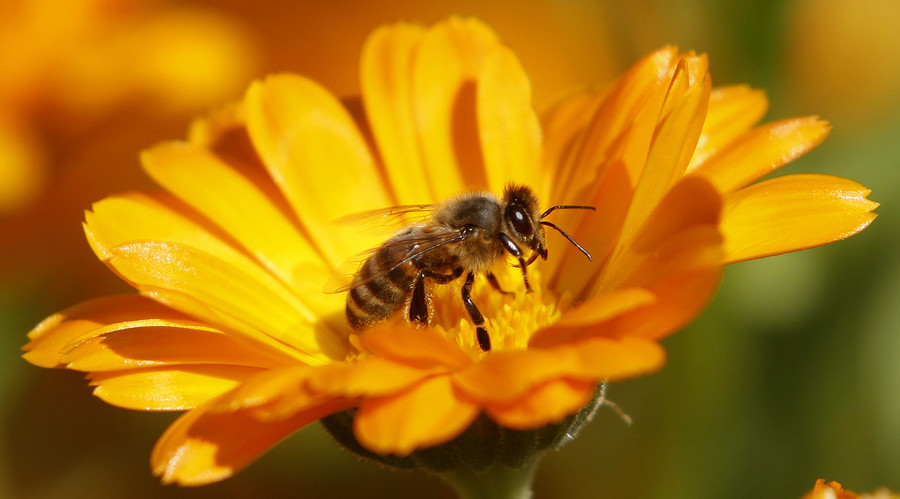Different Bees in The Hives
- Workers: The worker bees forage for pollen and nectar, help the queen and drones, feed larvae, ventilate the hive,defend the nest and perform other tasks.
- Queens: The queen bee is the only member of the colony able to lay fertilized eggs.
- Drones: The drones only have one task , to fertilize new queen bees.


